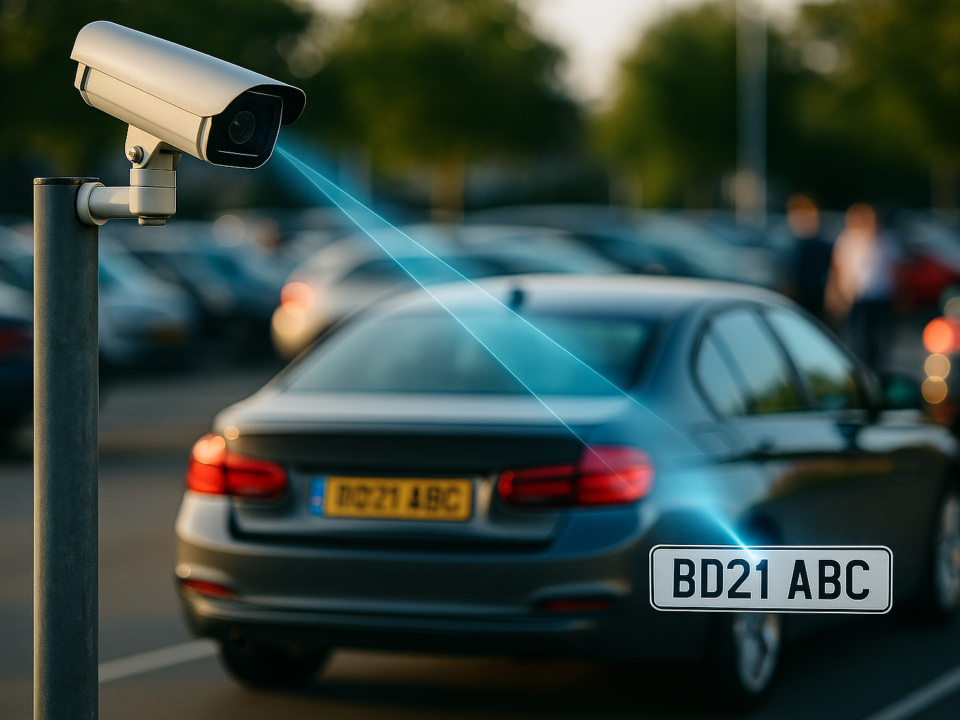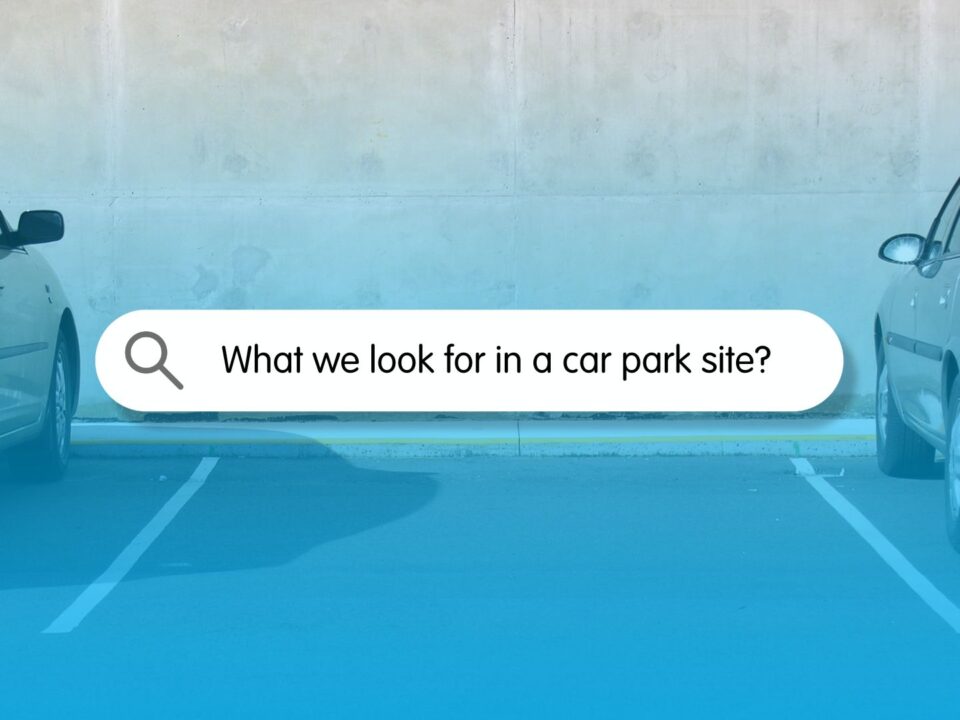The Psychology of Signage

What Kind of Car Park Owner Are You?
15/10/2024
5 Myths About Car Park Management, Clarified
20/11/2024How Behavioural Science Can Deter Unauthorised Parking
Private landowners, from community centres to retail spaces, often face a challenging task: maintaining fair access to parking for legitimate users in the face of unauthorised parking. Unauthorised vehicles can crowd out those spaces intended for visitors, creating frustration for businesses, community organisations, and residents alike. Traditional approaches to managing unauthorised parking, such as issuing Parking Charge Notices (PCNs), are often necessary, but they can create a transactional atmosphere that focuses more on enforcement than on fostering compliance.
However, as part of APCOA, Europe’s largest car park operator, Park & Control recognises that effective car park management can be about more than issuing fines. By creating an environment that encourages voluntary compliance through carefully designed signage, Park & Control prioritises solving parking issues in a way that respects the community while supporting clients’ needs. Grounded in behavioural psychology, Park & Control’s approach to signage is centred on influencing behaviour in a way that feels both natural and respectful, ensuring that drivers understand and are more likely to follow the intended parking rules.

The Power of Signage in Influencing Behaviour
Signage, when designed with an understanding of social psychology, can do much more than communicate rules; it can shape behaviours and foster a sense of community responsibility. Here are three core psychological principles behind effective signage that enhance compliance:
1. Social Norms
People tend to follow social norms, especially when reminded of the impact of their actions on others. Research in social psychology shows that when drivers understand a parking restriction as a widely accepted norm, such as “for community centre visitors only,” they are more likely to comply. This approach appeals to drivers’ inherent sense of fairness, positioning compliance as a shared responsibility that benefits the entire community.
2. Politeness and Respectful Framing
Language that is polite and non-confrontational can significantly reduce psychological reactance — the instinct to resist control. The UK’s Behavioural Insights Team has shown that positively framed messaging, like “please respect,” prompts higher compliance by appealing to drivers’ sense of responsibility rather than coercing them. By choosing respectful wording, Park & Control encourages drivers to follow the rules willingly, fostering a culture of cooperation.
3. Clarity and Simplicity
For signage to work effectively, it must be immediately understandable. Clear, simple language ensures that messaging is accessible to all, including those for whom English may not be a first language. At the same time, design elements that enhance readability allow drivers to absorb the message quickly, making them more likely to comply without hesitation.
Case Study: Community Centre Success with Behaviourally Informed Messaging
Recently, Park & Control partnered with a community centre facing significant issues with unauthorised parking, which limited access for legitimate visitors. A carefully worded sign was installed at key points, reading:
"For [Community Centre] Visitors Only. Please respect that this car park is for Centre visitors only. Unauthorised parking affects availability for our guests. If visiting other locations, please use alternative parking. We appreciate your understanding."
The results were clear: within a month, unauthorised parking dropped substantially. Drivers responded positively to the courteous, community-focused messaging, highlighting that, when crafted thoughtfully, signage alone can make a powerful difference. This success reinforces Park & Control’s focus on effective, problem-solving solutions that aim for compliance rather than relying solely on revenue from PCNs.

The Role of Enforcement: Support for a Compliance-First Approach
While behaviourally informed signage is an effective deterrent for most drivers, a small percentage may still ignore the rules. For this reason, enforcement through PCNs remains an important back-up tool, particularly for persistent violators. However, Park & Control’s priority is solving the problem of unauthorised parking at its root, using enforcement sparingly and only as needed to support consistent compliance.
This balanced approach also means that clients benefit from Park & Control’s services at no additional cost, as PCNs fund the service when necessary. This model ensures that the financial burden of maintaining compliance does not fall on the property owners or community members themselves. By focusing on compliance through signage first, Park & Control delivers a service that respects community values while also ensuring reliable car park management.
Best Practices for Psychology-Driven Signage in Private Car Parks
Effective signage requires both a behavioural approach and subtle cues of authority. Here are best practices that maximise compliance without appearing punitive:
- Subtle Authority and Familiarity
As part of APCOA, Europe’s largest car park operator, Park & Control benefits from APCOA’s reputation and recognisable branding. Including the APCOA logo on signage conveys a sense of authority and familiarity, encouraging drivers to comply. Drivers who recognise the brand and its professionalism are more likely to respect the rules, knowing they’re backed by an established and trusted operator. - Clarity in Language and Visual Design
Clear, polite language is essential for effective signage. Readable fonts, straightforward wording, and a design that reflects APCOA’s professional standards help drivers quickly understand parking rules, reinforcing a sense of trust and reliability. - Community-Centred Messaging
Signage that acknowledges the needs of the local community, such as specifying that parking is “for centre visitors only,” encourages compliance by appealing to shared responsibility. This approach frames compliance as part of a positive, community-focused interaction, rather than merely rule-following.
Signage, when designed with psychological insights, is a powerful tool in deterring unauthorised parking. By appealing to social norms, using polite language, and maintaining clarity, Park & Control’s signage encourages compliance and supports a respectful, community-oriented approach. The case study at a community centre illustrates how, with the right message, signage alone can significantly reduce unauthorised parking.
For Park & Control, and its parent company APCOA, the goal is clear: solve parking challenges with community-centred solutions that prioritise compliance over revenue from fines. Through this approach, Park & Control combines psychological principles with measured enforcement to deliver effective, responsible car park management. This commitment to problem-solving, underpinned by respect for the community, is what sets Park & Control apart in the industry.




